Question And Answer
Publications
Articles, publications, books, tools and multimedia features from the U.S. Institute of Peace provide the latest news, analysis, research findings, practitioner guides and reports, all related to the conflict zones and issues that are at the center of the Institute’s work to prevent and reduce violent conflict.
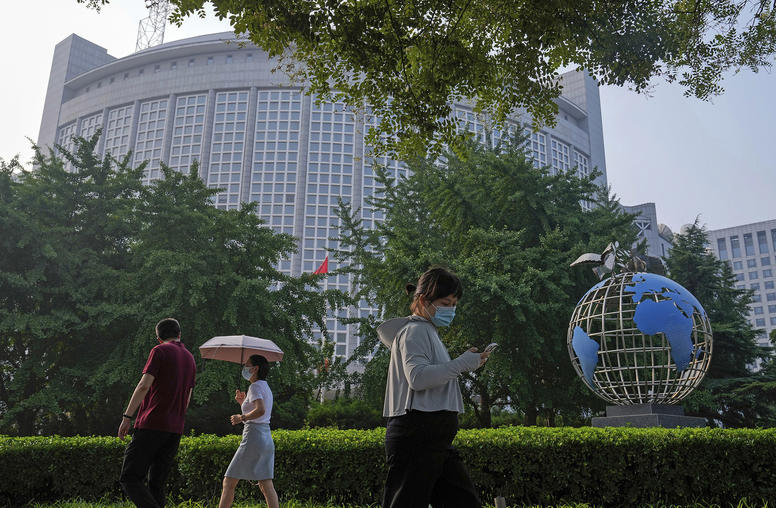
China and the Reshaping of Global Conflict Prevention Norms
As China has become a more powerful and influential actor—economically, politically, and militarily—it has demonstrated growing interest in playing a larger role in international conflict prevention and influencing established norms. This report examines Beijing’s approaches and efforts in this area, focusing on three case studies: funding projects through the UN, “Sinocentric” regional organizations, and ties with Solomon Islands. The report finds that China’s efforts around conflict prevention have a coherence that requires a similarly coherent response from the United States.
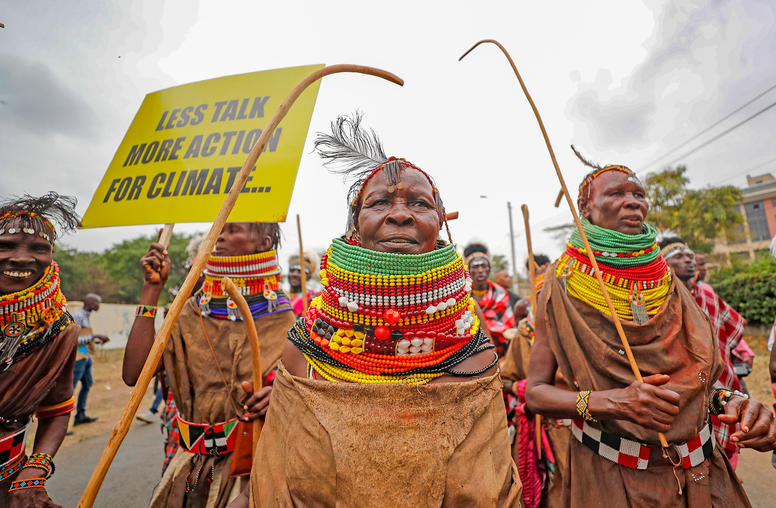
Pragmatic Peacebuilding for Climate Change Adaptation in Cities
The Intergovernmental Panel on Climate Change stated in 2020 that the effects of climate change are already a reality, especially in cities, where they have “caused impacts on human health, livelihoods and key infrastructure.” Climate stresses like heat waves, floods, air pollution, and storms have the potential to exacerbate political tension and fuel violence in urban settings. To address these dynamics, this report discusses what climate change practitioners can learn from the peacebuilding field to help cities adapt more effectively to the coming climate crisis.
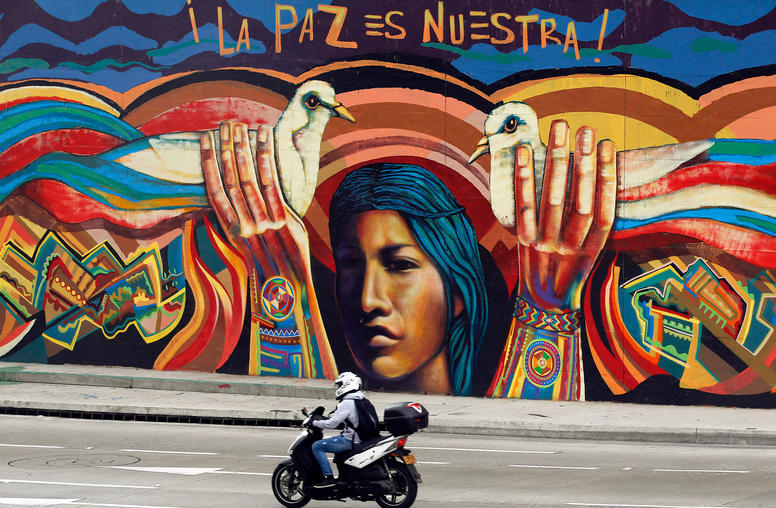
Coordinates for Transformative Reconciliation
Reconciliation is the long-term process that helps conflict parties build trust, learn to live together cooperatively, and create a stable peace. But what makes reconciliation genuinely transformative? This report draws on a qualitative analysis of 20 prominent reconciliation processes and interviews with experts who guided them to identify the qualities that made the processes successful. The report‘s insights and recommendations can help governments, multilateral organizations, and nongovernmental actors develop more responsive and responsible reconciliation initiatives.
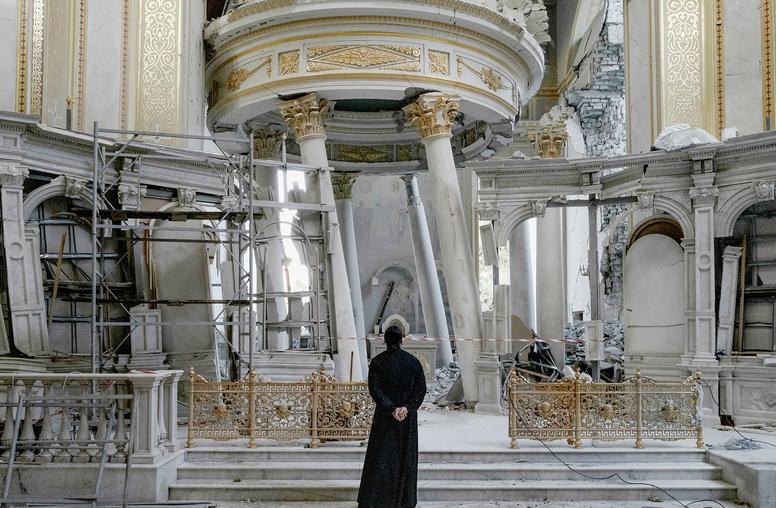
Mapping the Religious Landscape of Ukraine
Religion and religious actors have been important influences on the occupation of Crimea and on hybrid warfare issues in eastern Ukraine since 2014. Since Russia’s February 2022 full-scale invasion, they have influenced social dynamics within Ukraine as a whole. This report analyzes the nuanced connections between religion and society, which are crucial to understanding the conflict, and offers lessons that can guide effective, feasible peacemaking and peacebuilding interventions.
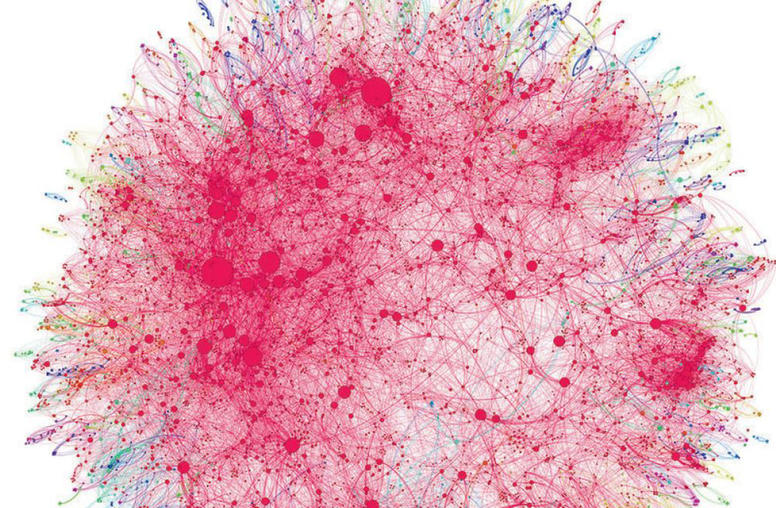
Systems Thinking for Peacebuilding and Rule of Law (Arabic)
إن نهجنا التقليدي المتبع في بناء السلام وعملية إصلاح سيادة القانون يبدو جيدًا؛ حيث الأهداف الطموحة، وضخ الموارد، وفرق الخبراء الذين يعملون بشكل مكثف. ومع ذلك، يبدو أننا نادرًا ما ننجح في خلق إصلاحات ناجحة ومستدامة حقًّا. لماذا نتعثر؟ تكمن إحدى الإجابات المحتملة في كيفية النظر إلى الأنظمة التي نعمل بها؛ لأننا نميل إلى معالجة العديد من نظم بناء السلام وسيادة القانون كما لو كانت أنظمة الساعة، وهي أنظمة منتظمة ويمكن التنبؤ بها بشكل كبير. وفي الواقع، فإن البيئات التي نعمل بها أشبه بأنظمة السحب من حيث إنها غير منتظمة، وغير منظمة، وغير متوقعة. واستنادًا إلى مجال التفكير المنظومي، يدعو هذا التقرير ممارسي بناء السلام إلى استخدام أكثر من منظور عند دراسة الأنظمة والمشاكل التي يواجهونها. وفي بعض الأحيان، سنضطر إلى التعامل مع المشاكل من منظور تقني زمني. وفي أحيان أخرى، سنضطر إلى استخدام منظور أوسع يركز على تعقيد النظام الأكبر. وكثيرًا ما سنحتاج إلى استخدام كلا المنظورين في التعامل مع المكونات المختلفة لجهود الإصلاح في الوقت نفسه.

Systems Thinking for Peacebuilding and Rule of Law (French)
Notre approche traditionnelle de la consolidation de la paix et de l’État de droit semble solide : des objectifs ambitieux, une injection de ressources, des équipes d’experts travaillant intensément. Pourtant nous semblons rarement aboutir à des réformes véritablement fructueuses et durables. Pourquoi nous enlisons-nous ? Une des réponses possibles réside dans notre façon de percevoir les systèmes avec lesquels nous travaillons. Nous avons tendance à traiter de nombreux systèmes de consolidation de la paix et de l’État de droit comme s’ils étaient des systèmes d’horloge, c’est-à-dire ordonnés, réguliers et prévisibles. En réalité, les environnements dans lesquels nous travaillons sont plutôt des systèmes de type nuage,en cela qu’ils sont désordonnés, irréguliers et imprévisibles.
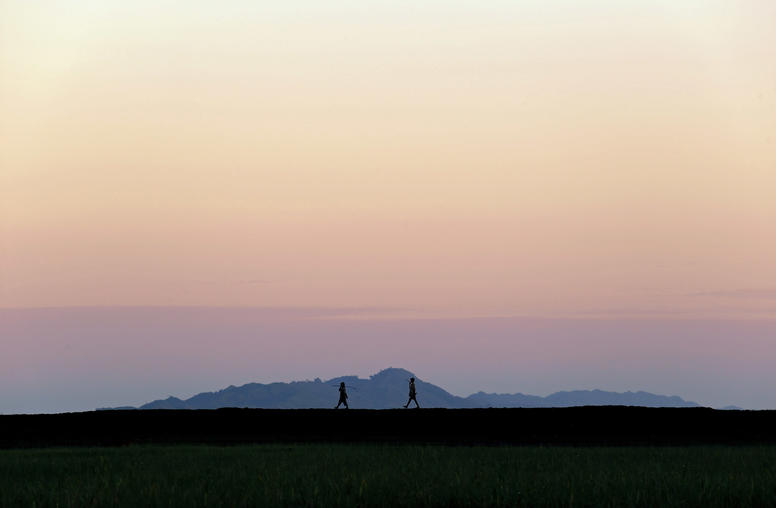
The Religious Landscape in Myanmar’s Rakhine State
This Peaceworks report maps the religious landscape of Myanmar’s Rakhine State, focusing in particular on the current and potential influence of religion in peace and reconciliation efforts. Part of a broader USIP initiative to map the religious landscape in conflict-affected environments, it presents key findings and offers recommendations to enable policymakers and peacebuilding practitioners to better navigate and engage within Rakhine’s religious landscape.
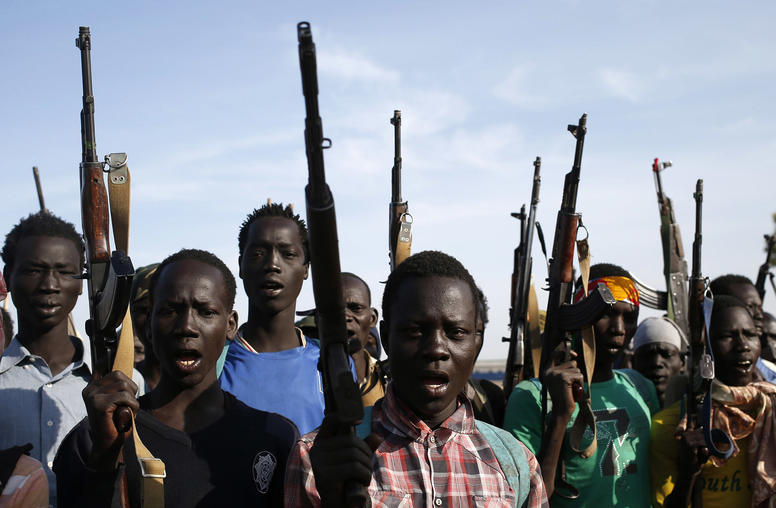
Ceasefire Monitoring in South Sudan 2014–2019: “A Very Ugly Mission”
More than five years after South Sudan’s first ceasefire agreement, ceasefire monitors are still on the ground. The hope was that their work would help overcome the mistrust between rival factions, halt ongoing violence, and deter further violations. Drawing on interviews with monitors, combatants, politicians, civil society representatives, diplomats, peacekeepers, and others, this report examines the history of ceasefire monitoring in South Sudan and offers recommendations for donors supporting future monitoring processes in South Sudan and elsewhere.
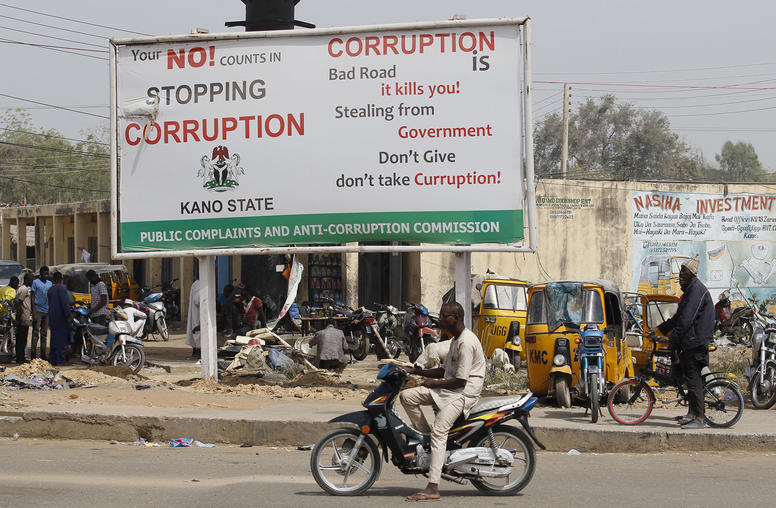
Donor Assistance in the Transparency and Accountability Movement
Focusing on transparency and anti-corruption issues, this report discusses the findings from a series of participatory workshops and more than seventy interviews with social movement actors and organizations in Kenya, Nigeria, and Ukraine. It looks at the different ways social movement actors in these countries were influenced by foreign financial support and training, including in terms of the goals they set, the tactics and activities they pursue, and whether receiving foreign support compromises their legitimacy with their domestic constituents.

Local Cross-line Coordination in Syria
Throughout the eight-year-long conflict in Syria, the movement of people and goods—including vital foodstuffs, medicines, equipment, and fuel—has often been severely restricted by periods of prolonged fighting. Yet in many areas, local arrangements, historical circumstances, and key actors have facilitated trade and movement across the lines of conflict. This report examines four cross-line areas in Syria and draws lessons for how these local dynamics might affect the resolution of the larger conflict and these communities in the long term.